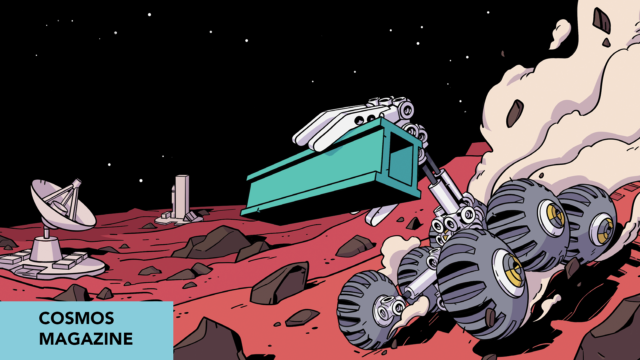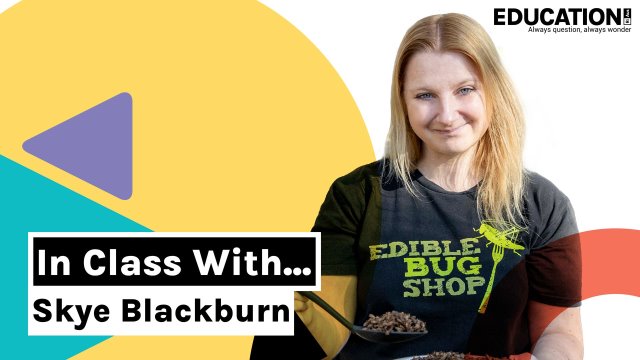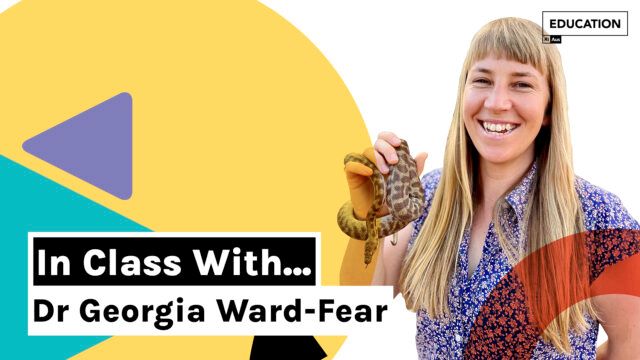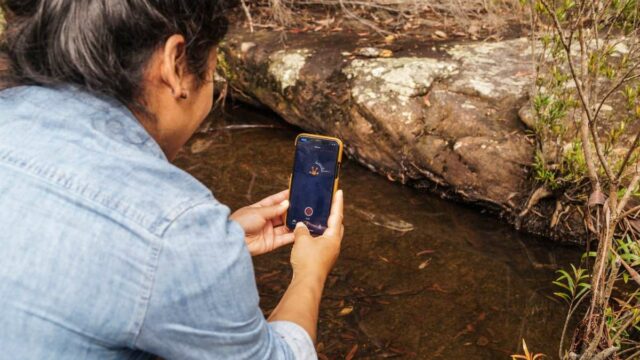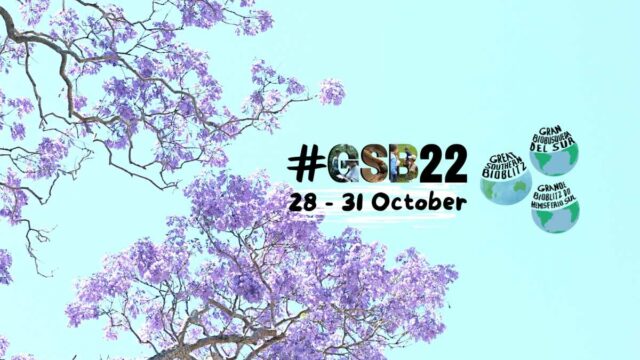Craig Fleming went from stacking bags of cement and digging drains on an on-shore oil rig to running the rig within a couple of years. But after a couple of career changes Craig is now on the other side of the industry, in portfolio management, working as an economic analyst for Cooper Energy. These days, he works in economic modelling, researching the estimated cost and return on oil and gas projects.
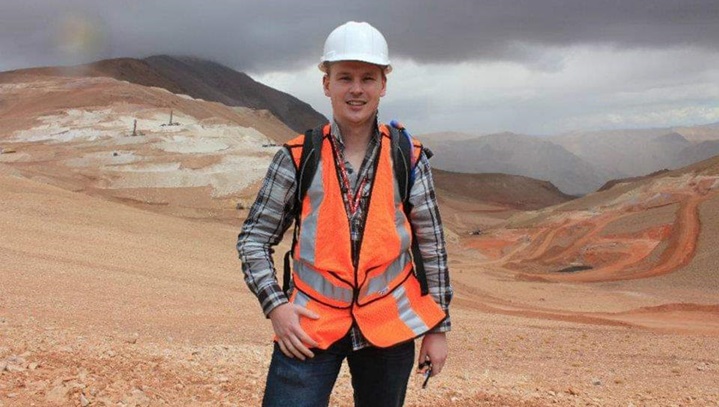
How did you get to where you are now?
At university I didn’t really know what I wanted to do immediately and that’s okay. It wasn’t until about mid-way through my engineering degree I decided I really liked the petroleum engineering as well as the geology. And one way to combine that was to take those disciplines to petroleum economics.
It didn’t happen straight away. At first, I was what’s called a lease hand – basically stacking bags of cement and jobs like that. Then I became a project engineer, a well- control tutor and eventually a drilling operations engineer. Then, unfortunately, I lost my job.
I took the opportunity to go back and do a postgraduate degree in finance. A base education in STEM provided me with the skills (engineering math) I needed to easily transition into a commercial/finance role when I needed to. So, after my study, I came back through consulting in software and portfolio modelling into being an analyst in the oil and gas industry.
What does your role involve?
Modelling is a simple equation. When I look at a project, I look at how much money we can expect to earn and how much we can expect to spend and then from that we get what the project is worth in today’s money. But because these projects are quite long and the value of money decreases and can change over time, I have to consider that as well.
My role is also very broad. I work for a relatively small, but also fast-growing exploration and production oil and gas company. I’m not just doing the same job every day. In this role I get to see a lot of different things. This means that, as well as modelling, at the moment I’m also looking at environmental and sustainability reporting.
What was the move like from engineering to economics?
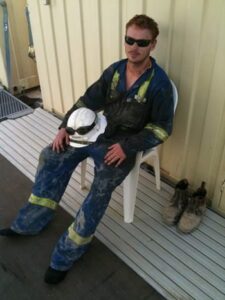
I was a drilling operations engineer, so it’s very different to where I am now. At the moment everything is driven by data. Whereas, when you’re in operations, you act on information you immediately have on hand.
There was a huge reward feedback cycle when I was working on the rig because you do something, and you see the effects immediately. I need to drill a hole, so we drilled a hole. We broke something on the rig? We fixed it. I do kind of miss that about drilling, but you find it in other areas of the job.
Whereas now as an analyst, you do see the feedback but only when you work in really small organisations. And that’s where I’m lucky – my role is in a small organisation.
Coming from an engineering background, do you find there are many skills that transfer to your work as an analyst?
Absolutely. Sometimes you think, things that you’ve learned or done are irrelevant. To do my analysis I need to combine lots of different types of information, from understanding the field itself, to worldwide markets and the costs of extracting, producing and transporting the products. My background means I know the sequence of events and have first-hand experience in some of those steps. Without knowing the sequence of events, your analysis is, as we say, garbage in, garbage out.
All the experience counts and I’m glad I have that experience now in the role that I do. You need to be able to understand the industry to be able to model it.
What was the most exciting moment in your career?
There’s lots of travel! I’ve been to all sorts of places like Denver, Canada, New Zealand and Papua New Guinea.
You find yourself in a country where you can’t speak the same language. I was in Chile and I couldn’t speak a word of Spanish. But you could still communicate with the science. That was really neat.
What do you think your career will look like in the future?
The industry is going through a huge phase of digitalisation. Now, we’re at a tipping point where the digitisation of data and housing it in a structured way is so good that we’re automating tasks in software.
I think as the industry continues to digitise, people like me and people who follow after me, will be building the systems that automate those things so that they have more time to focus on making decisions.
What advice do you have for anyone wanting to pursue economics?
Success doesn’t happen in a vacuum. Working with good people and good leaders is so important.
What I did was research a mentor who was already in the field who could help me grow. Then, I put a lot of effort into creating a dossier of people in their career at different points, so five, 10, 15 years ahead of where I was. It helps understand the path they took to get to where they are now. It taught me to focus on getting my skill set right so that I was ready when the right door opened.
Don’t be afraid to take opportunities that pop up along the way.
This article is sponsored by Bright-r.
Login or Sign up for FREE to bookmark this resource for future use. You will find it on your ‘My Favourites‘ page.

